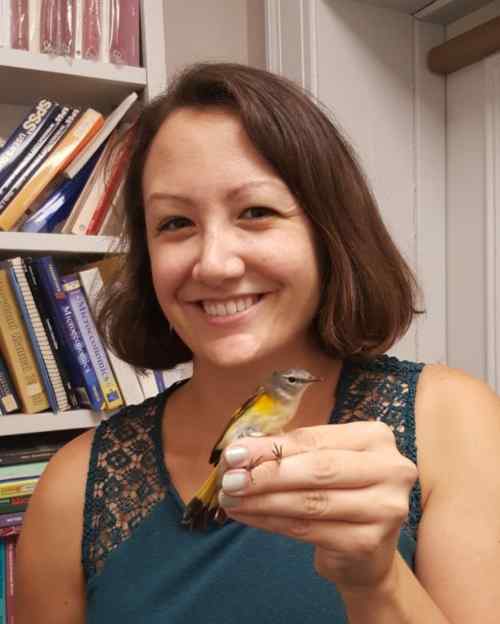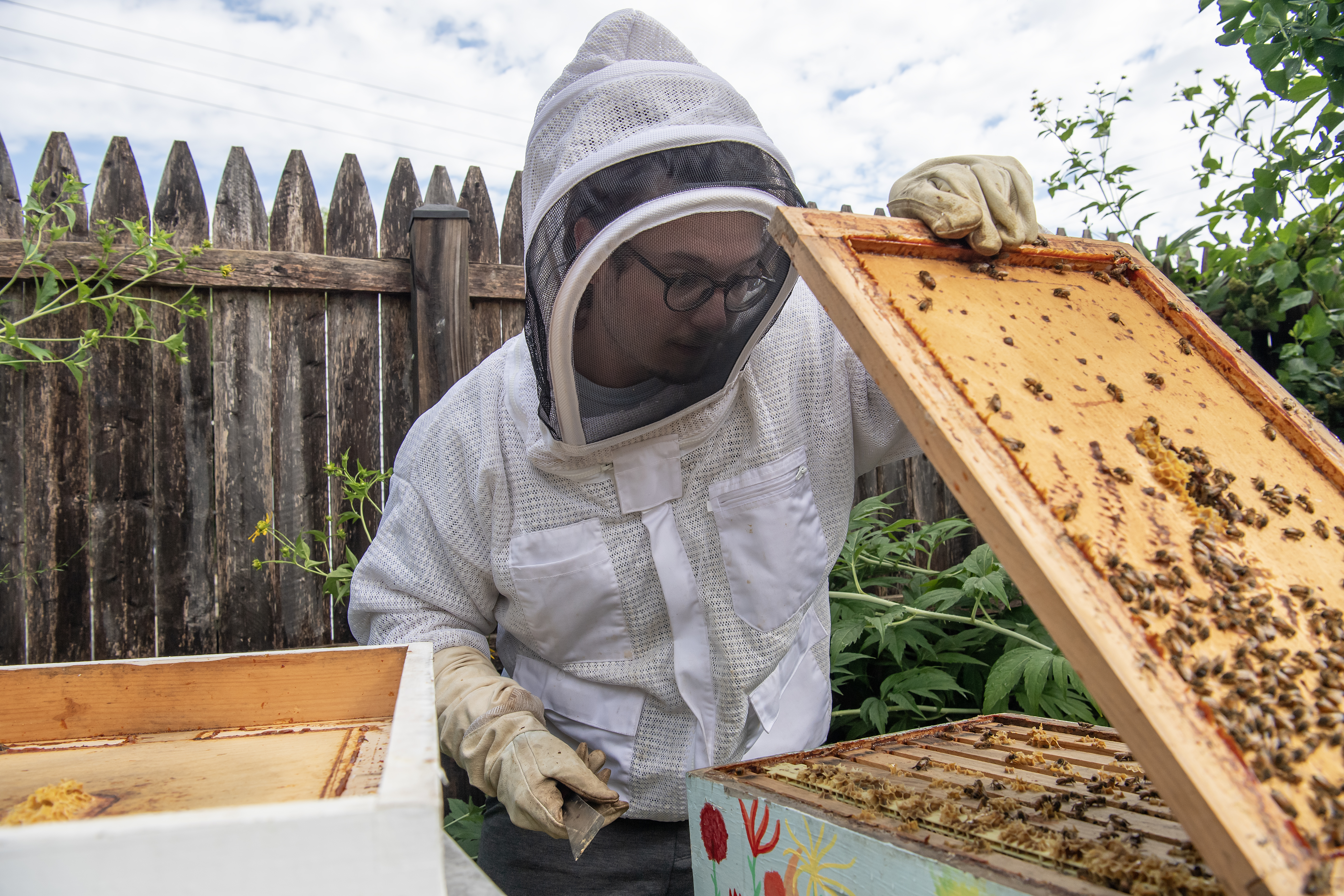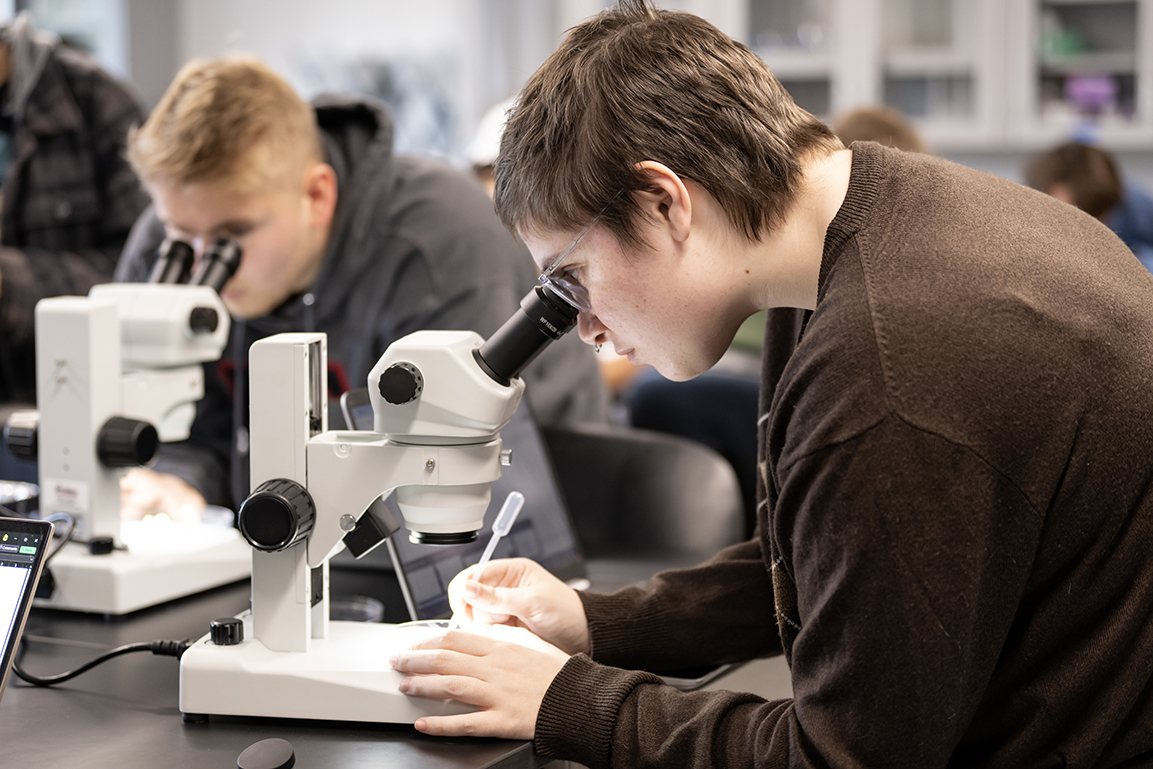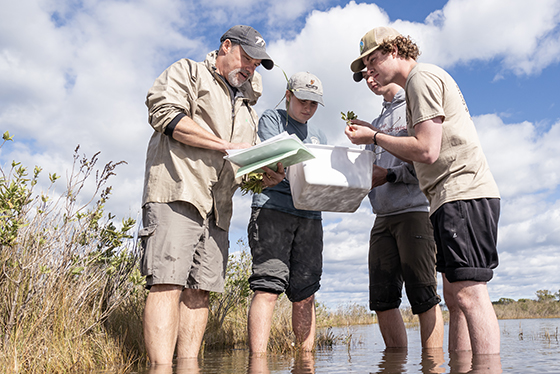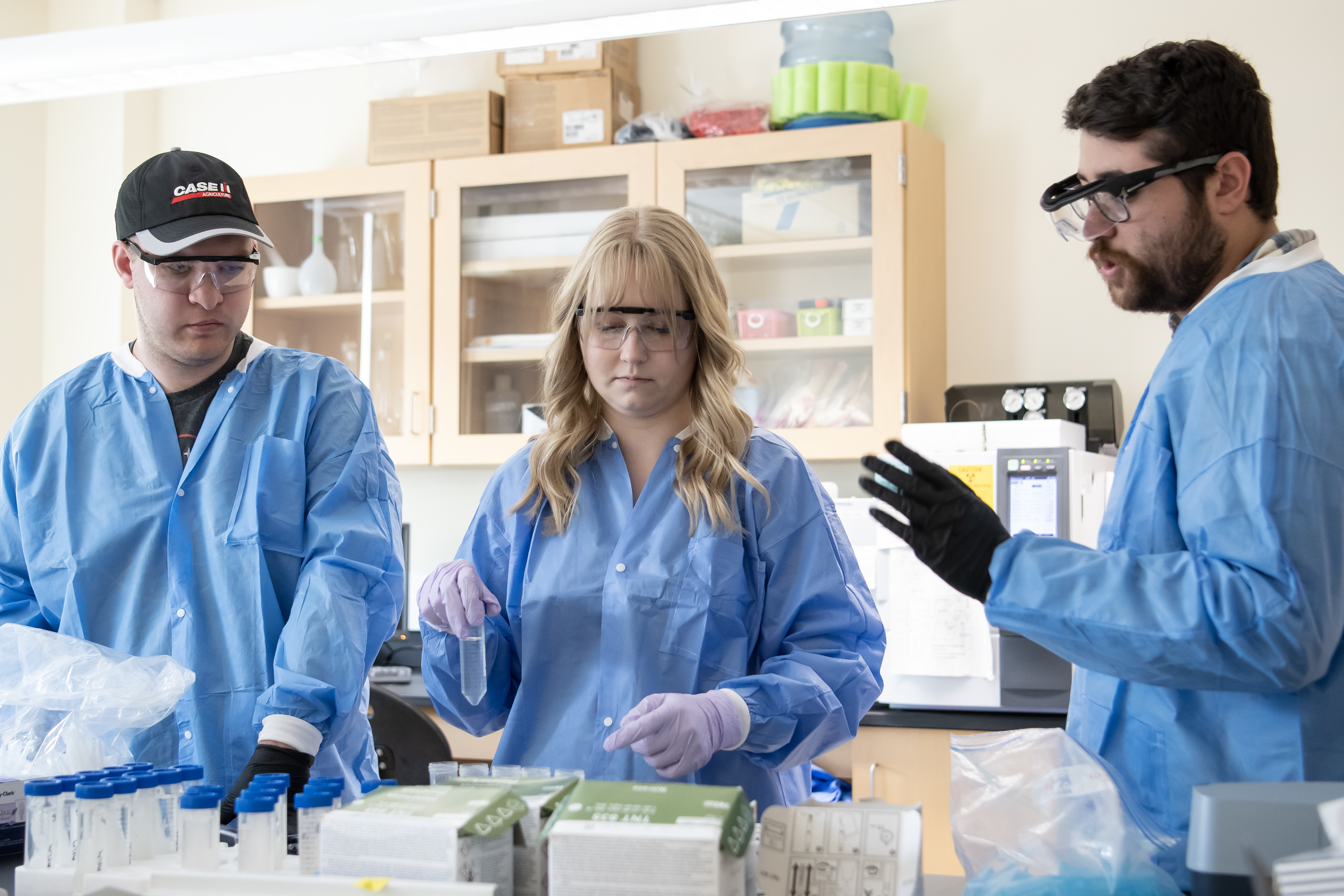
Biology Major
At Washington College, we train our Biology students to be good, well-rounded scientists ready to pursue vocations or advanced degrees in biology-related fields. In their first course, our students are introduced to select key concepts for the major. Rather than inundate students with new terms, we introduce the important concepts first, giving students time to learn not only what they mean, but how they are applied. This provides a smoother transition into the subject for first-year students and allows more time for discussion, active learning, and use of the scientific method. Biology is intimately related to many disciplines outside of the sciences, and as part of the major students will gain an appreciation of the impact of biology on history and consider the many philosophical and ethical questions that have biological underpinnings.
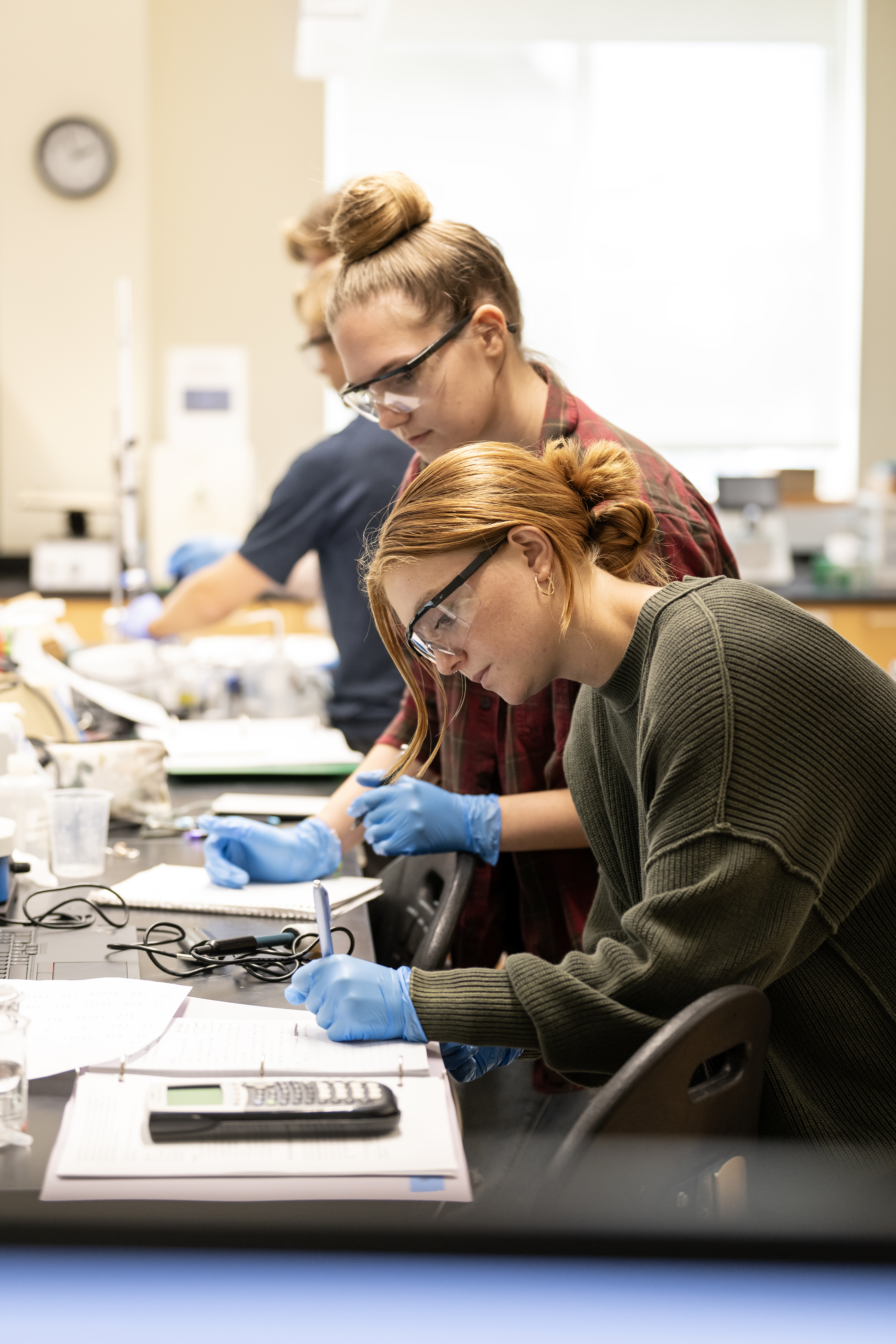
Through hands-on experiential learning, you will cultivate lab skills needed after
graduation and learn how to research and think critically. Although it isn’t required,
you may choose to pursue one of three areas of emphasis within the biology major:
- cell/molecular biology and infectious disease,
- ecology and evolution, or
- physiology and organismal biology.
In your final year of study, put all you’ve learned into practice by completing a
Senior Capstone Experience (SCE), a self-driven research project with an emphasis
on discovery-based learning. If you pursued an area of emphasis, your SCE will be
designed with that focus in mind and will be advised by faculty specializing in those
areas.
Upper-level courses are capped at 16 students, giving you personal access to faculty
who provide opportunities for professional and personal development and encourage
you to reach your potential. You receive not only proper biological training but gain
an appreciation of how biology interacts with aspects of life, society, and our planet.
You will receive training in all aspects of being a scientist, from practical skills
in the field and lab, to researching, writing, and presenting scientific findings.
These experiences make you competitive and well-prepared for the work force or continued
studies.
There are opportunities to study abroad for one semester, a whole year, or even through
a department-specific short-term study abroad course between semesters. Students completing
a traditional semester abroad are encouraged to take distribution courses, but lab
credits can be transferred. Short-term travel courses are offered once a year in either
January or May/June, where students complete coursework while being immersed in another
culture for two weeks, for instance, studying tropical ecology in Costa Rica or coral
reef ecology in Bermuda. Our faculty are committed to innovative teaching, offering
not only short-term study abroad opportunities, but also special topics courses to
engage students outside of the regular offerings. It is also possible for our biology
majors to double major in another subject that interest them. To learn more about
our course offerings, please visit our course catalog.
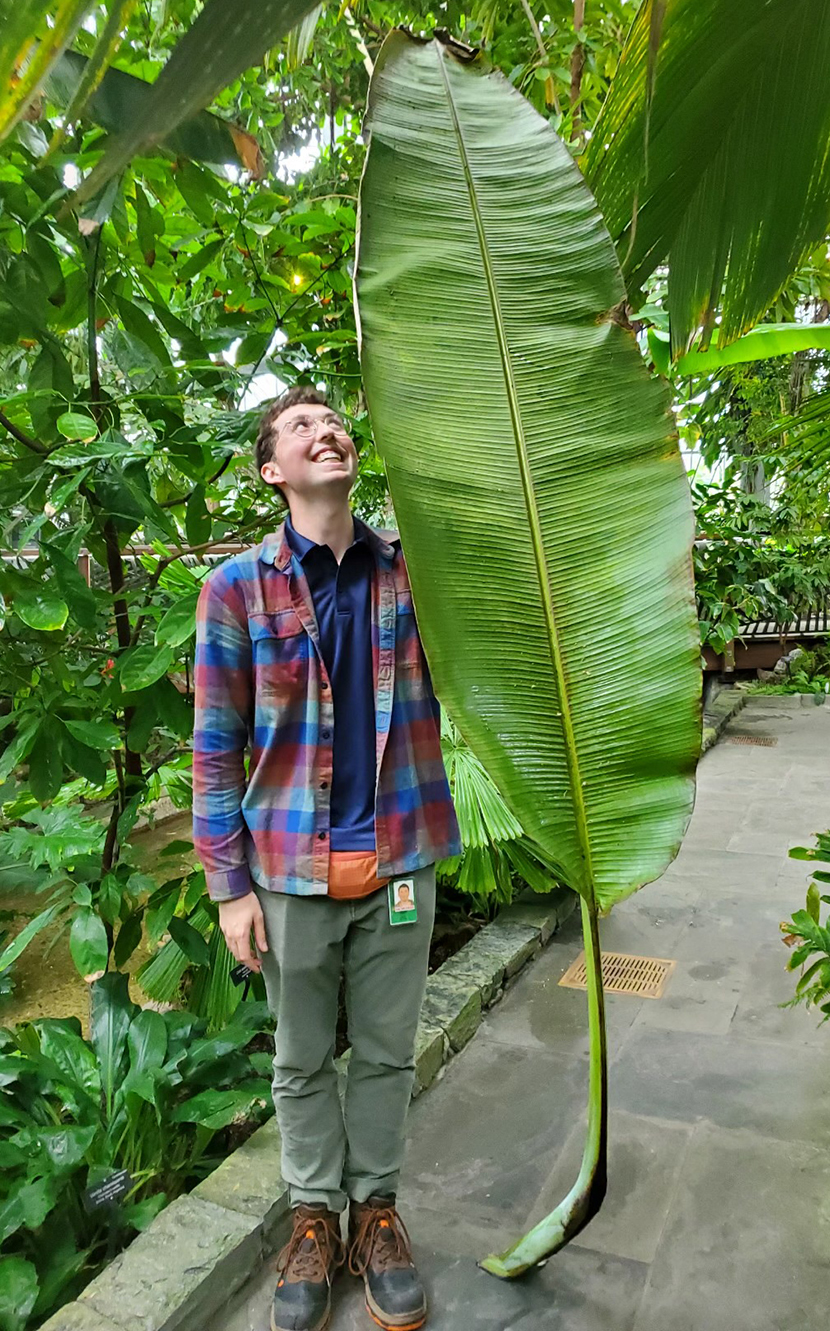
Nate Braddock '22
Collections Horticulturist, U.S. Botanic Garden • Washington, D.C."Not only did I discover my passion for ecology, evolution, and art at Washington College, but I was able to weave them all together throughout my coursework. One course that really embodied the interdisciplinary nature of the College was ‘Art as Inquiry,’ where we approached art as a process of exploration and scientific experimentation rather than a series of steps to achieve a finished product. This really impacted the way I navigate the world now — viewing everything as an opportunity to learn and discover something new if I take the time to observe and explore."
